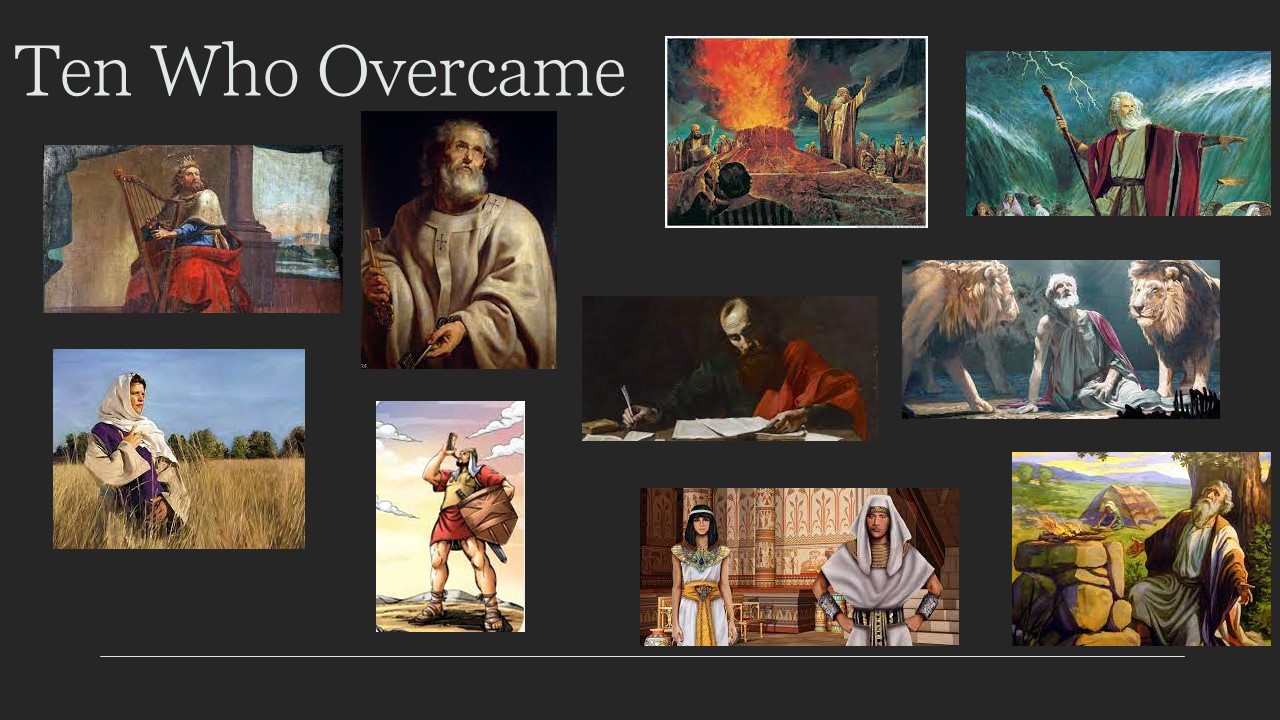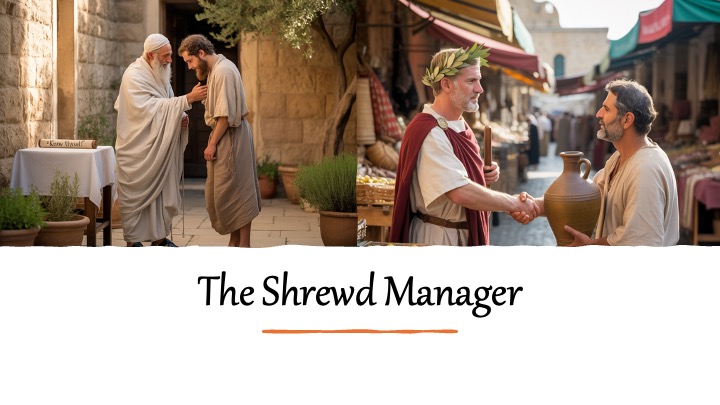Paul's letter to the Colossians addresses both doctrinal errors and spiritual growth within the early church. It presents a profound Christology, emphasizing Jesus's significance and divinity. It also offers practical guidance on various aspects of Christian living, underscoring Jesus's lordship and ability to meet all needs.
The Colossian church faced various heresies, including Gnosticism, Jewish legalism, asceticism, mysticism, and syncretism. These challenged core Christian beliefs, prompting Paul's response. Gnosticism promoted elitism and secret knowledge, devaluing the material world and Christ's humanity. Jewish legalism insisted on adherence to Jewish law for salvation. Asceticism advocated severe self-denial for spiritual purity. Mysticism prioritized personal experiences over scriptural truth. Syncretism blended pagan and Christian practices, diluting core doctrines.
Paul counters these heresies by emphasizing Christ's supremacy, the sufficiency of faith, and the importance of adhering to the true gospel. His letter remains a timeless reminder to discern truth from error, resist false teachings, and remain rooted in Christ. By understanding and resisting these heresies, believers can continue to grow in our faith and knowledge of Jesus.

Whether you have had numerous victories in life, or very few, the Bible says that if you are in Christ, you are an overcomer!...

Part 15 opens with the deeply human struggle of Jesus in the Garden of Gethsemane. After the Last Supper, Jesus leads His disciples to...

The Parable of the Shrewd Manager (Luke 16:1-8) is a challenging but profound teaching that uses a morally questionable figure to impart critical spiritual...